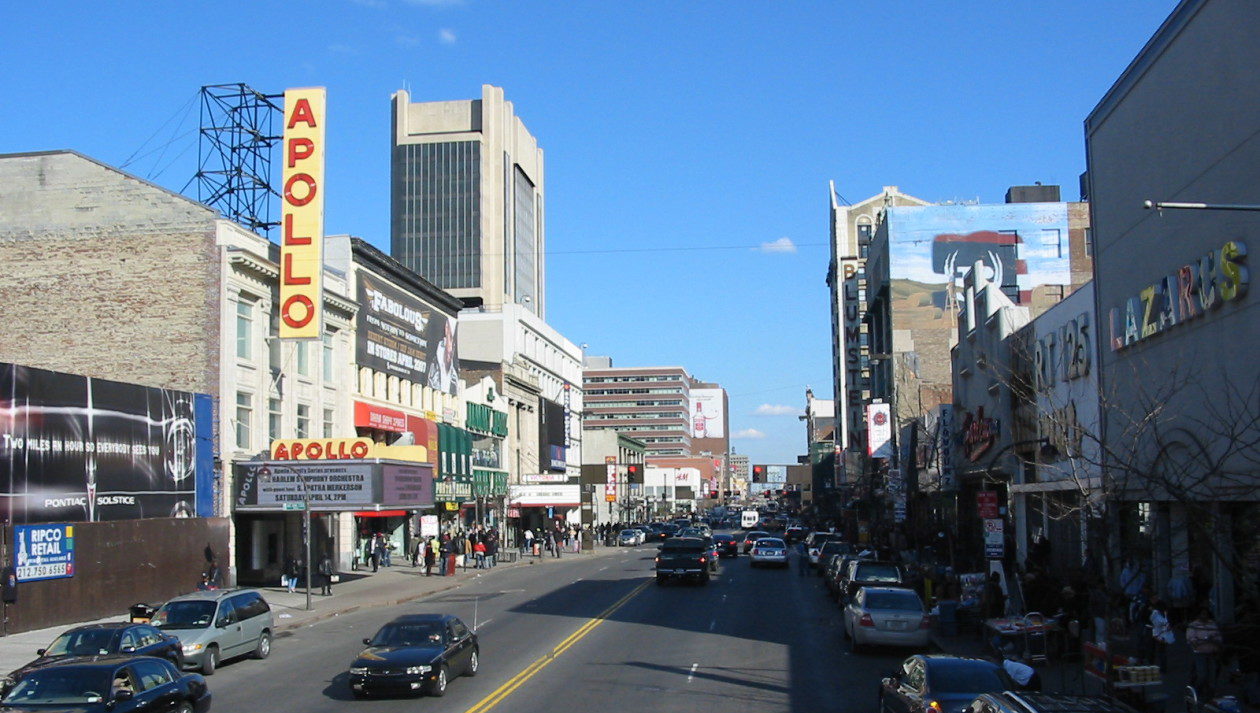
Dr. Jewel Plummer Cobb was born in Chicago, Illinois on January 17, 1924, to Frank V. Plummer and Carriebel Cole Plummer. With initial intentions to become a physical education teacher like her mother, her sophomore year of high school was pivotal in directing her interest in Biology. Cobb attended the University of Michigan, but due to their segregated housing for African-American students, she transferred to Talladega College in Alabama, where she received her B.A. in Biology. Due to her race, she was initially denied New York University graduate fellowship, but after an impressing the faculty during an interview she was admitted and earned both an M.S. and Ph.D. in Cell Physiology. Her dissertation examined the relationship between melanin and skin damage, effects of hormones, UV, and chemotherapy agents on cell division. She was the first scientist to publish data on the ability of a compound to cause a reduction of normal and damaged cells.

As a result of her work she became an independent investigator at Woods Hole Marine Biological Laboratory during her graduate studies and received a number of prestigious fellowships. After receiving her Ph.D., she became a teaching fellow in NYU’s biology department, taught anatomy and histology at the University of Illinois College of Medicine. She then became a faculty member at NYU, later becoming the head of a biology laboratory at Sarah Lawerence College, allowing undergraduate research participation in the National Science Foundation. She went on to Connecticut College, where she advocated for more African Ameican students and teachers, creating a Black Scholarship program, post-baccalaureate pre-medical program. Finally, she then became the dean and professor of Biological Sciences of Douglass Residential College at Rutgers University. Her research career was extremely successful, as she received a number of funding and collaboration opportunities in the U.S and in Italy.


Cobb retired from her appointment as President of California State University at the age of 66. During her presidency, she obtained the financial resources to construct a number of notable buildings on campus. After retirement, she was named a Trustee Professor and became a principal investigator for two programs that helped middle and high school students from disadvantaged backgrounds pursue engineering and science. In addition, she was a member of a number of other advocacy and community outreach boards that helped underrepresented individuals be supported in gaining equitable access to higher education. Although Cobb passed January 1, 2017, in Maplewood, New Jersey, her policies and programs complement a legacy of excellence in science and empowering future generations of Black STEAMers.
Pictures:
-
https://dailytitan.com/wordpress/wp-content/uploads/2017/01/CSUF_org.jpg
-
https://static01.nyt.com/images/2017/01/12/nyregion/12cobb-obit/10cobb-obit-blog427.jpg
-
https://i2.wp.com/blackthen.com/wp-content/uploads/2017/05/Cobb7.jpeg.jpg?fit=600%2C603&ssl=1
-
https://farm1.staticflickr.com/456/32109393865_344c3b15c6_b.jpg
Sources:
Hi I’m Melvin Best, founder and director of the Harlem Film Institute. I am an educator, avid film lover and all around nice guy.
